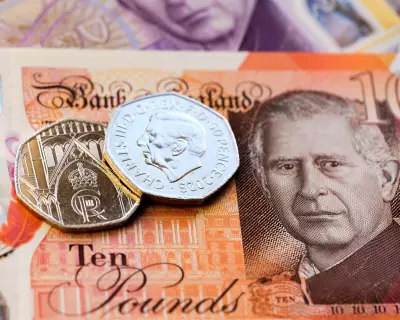
For many Australians, owning a brand new car remains a powerful status symbol, but recent research suggests this visible display of wealth might actually conceal financial difficulties rather than demonstrate prosperity.
The surprising truth about new car buyers
A comprehensive survey conducted by Finder has uncovered unexpected patterns in new car purchasing behaviour across Australia. The study asked more than a thousand Australians about their new car buying history and compared these figures with their income levels, savings and financial stress indicators.
The findings revealed that Australians earning minimum wage – less than $49,999 annually – were just as likely to have purchased multiple new cars as those earning significantly higher salaries between $100,000 and $250,000. This challenges conventional assumptions about what car ownership patterns indicate about financial wellbeing.
Financial stress behind the shiny exterior
Even more surprising was the discovery that one in five Australians who currently have less than $1,000 in savings have purchased four or more brand new cars during their lifetime. This suggests that regular new car purchases don't necessarily correlate with sound financial management or substantial savings.
Forty-five percent of people who had bought four or more new cars admitted they were currently experiencing financial stress, indicating that multiple vehicle purchases might be contributing to their money worries rather than reflecting financial security.
Expert insight: The reality of car ownership
Sarah Megginson, a personal finance expert at Finder, explained that owning new cars can sometimes indicate someone pretending to be wealthy while actually struggling to make ends meet. "Plenty of people earn good incomes, but they have no budget to guide their spending, no savings or investments – simply because they're spending more than they earn," she noted.
"They're driving luxury cars, but there's nothing left at the end of their pay cheque. It's an easy trap to fall into, but cars are depreciating assets – they don't build wealth and they don't improve your financial position."
Ms Megginson emphasised that buying a brand new car typically offers no benefits for financial wellbeing. "Realistically, you could buy a model that's just a couple of years old for 20-30 percent less, and then you'd have breathing room to build a safety net," she advised, warning against taking out unaffordable car loans merely to maintain appearances.
Practical advice for potential buyers
For Australians considering purchasing a new vehicle, the finance expert recommends ensuring they maintain healthy savings after the purchase. She also highlighted that expenses continue beyond the dealership, with expensive cars typically commanding higher insurance premiums and maintenance costs.
"It's ideal if you can save first, and only spend what's left or what's affordable as a loan," Ms Megginson suggested. "If there's nothing left, now's not the right time to head into the dealership."
The broader conversation about wealth signals
This research forms part of wider discussions happening across Australia about what truly indicates wealth in 2025. Increasingly, genuine affluence appears to be signalled by subtle cues rather than conspicuous displays like flashy vehicles.
Recent conversations on popular finance forums have highlighted that Australians may have a "unique dislike" for ostentatious wealth while simultaneously "glorifying the rich who act poor". Forum participants identified several indicators of true wealth that don't involve expensive cars, including never discussing bills or cost of living concerns, wearing casual clothes and humble possessions, valuing time over money, delegating everyday tasks, and being financially savvy rather than simply cheap.
The consensus emerging from these discussions suggests that in contemporary Australia, genuine wealth manifests through restraint rather than extravagance, with the quiet luxury of time, space and personal choice outweighing any logo or status symbol.





